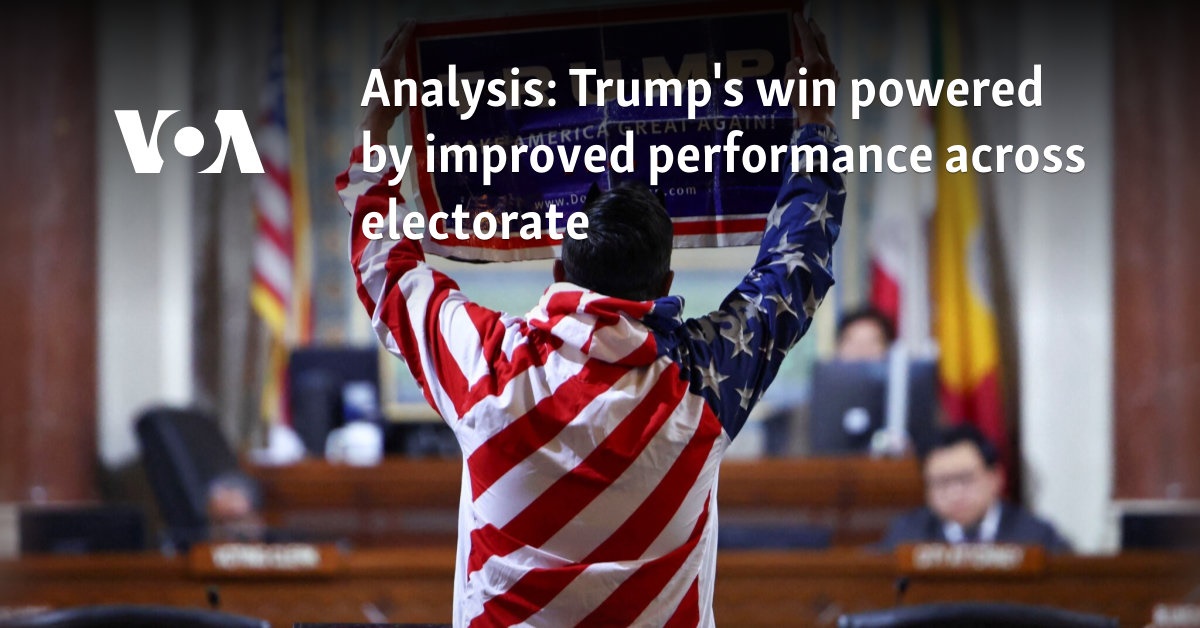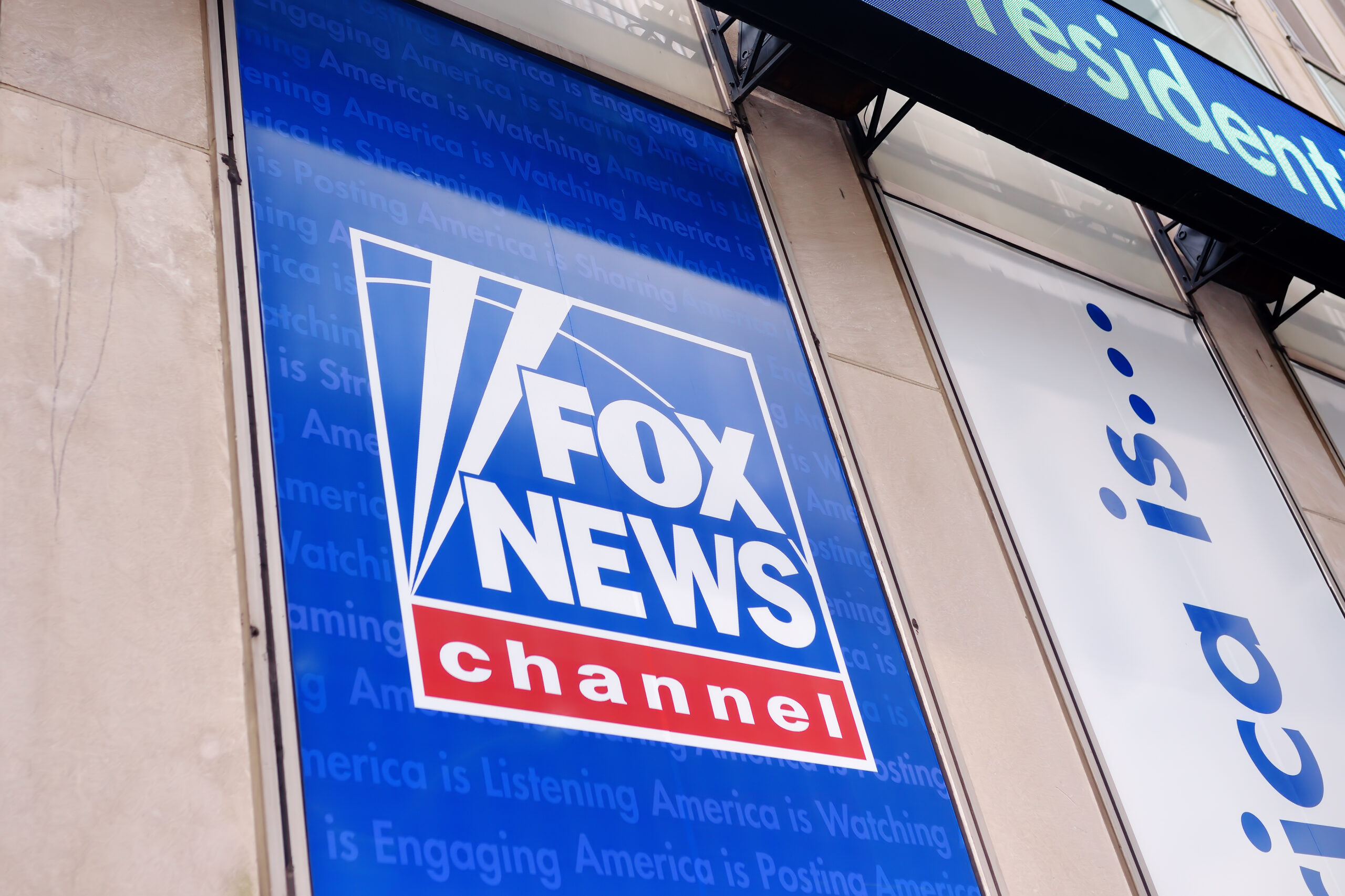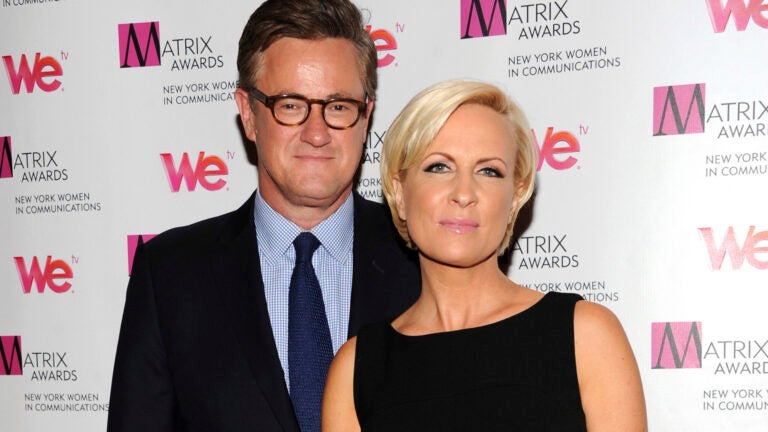In a dramatic diplomatic breakthrough, President Joe Biden announced a historic ceasefire between Israel and Hezbollah on Tuesday, a development that has the potential to reshape the security landscape in the Middle East. However, within hours, Donald Trump’s team attempted to claim credit for the achievement, even though Trump’s administration had no direct role in the negotiations.
According to a senior official from the Biden administration, while the president-elect’s national security team was briefed on the deal, Trump’s officials were not involved in the diplomatic process that led to the ceasefire. Instead, it was Biden who played a key role in bringing the warring parties to the table.
During a Rose Garden address, Biden called the agreement “historic” and praised the leaders of Israel and Lebanon for their courage in ending the violence. He framed the deal as a crucial step toward peace, saying, “It reminds us that peace is possible. Say that again, peace is possible.”
Despite Biden’s clear leadership on the matter, Trump’s incoming national security adviser, Mike Waltz, took to social media to credit the former president for the progress. “Everyone is coming to the table because of President Trump,” Waltz wrote on X (formerly Twitter). “His resounding victory sent a clear message to the rest of the world that chaos won’t be tolerated. I’m glad to see concrete steps towards de-escalation in the Middle East.”
Waltz’s comments reflect the ongoing pattern of Trump’s allies attempting to frame his influence as a decisive factor in global events, even when he is not directly involved. Waltz has been a vocal critic of the Biden administration’s foreign policy, especially in regard to national security.
“I have never in my lifetime seen the world falling apart like it is under Joe Biden,” Waltz said in a July interview. “We had a president who defeated ISIS, broke Iran, stood with Israel, always stood with our allies, made China pay. You didn’t see any spy balloons under President Trump, did you?”
Meanwhile, Senator Lindsey Graham, a close ally of Trump, also weighed in, offering praise for both the Biden administration’s role in securing the ceasefire and for Trump’s indirect influence. “Well done to all those involved in reaching this agreement,” Graham wrote on X. “I appreciate the hard work of the Biden Administration, supported by President Trump, to make this ceasefire a reality.”
Richard Goldberg, a former National Security Council official in the Trump administration, echoed these sentiments, claiming that Hezbollah’s withdrawal was partly due to the incoming Republican president. “There’s zero doubt that Iran is pulling back to regroup ahead of Trump coming into office,” Goldberg stated. “It’s a combination of Israeli military success and Trump’s election—the ayatollah has no clothes and he knows we know.”
The ceasefire between Israel and Hezbollah is seen as a major development, but it is only one part of a larger, ongoing effort to de-escalate the region. White House officials are now focused on using the calm in Lebanon as momentum to bring about a broader ceasefire in Gaza, where hostilities with Hamas continue, and hostages are still being held.
“We will continue to push forward,” Biden said, emphasizing that the U.S. would work alongside Turkey, Egypt, Qatar, Israel, and other nations to secure a truce in Gaza and facilitate the release of hostages.
Meanwhile, the United Nations peacekeeping force in southern Lebanon (UNIFIL) is expected to see an increase in resources and personnel to monitor the ceasefire agreement.
As tensions remain high in the broader Middle East, the international community will be watching closely to see whether this ceasefire can serve as a stepping stone to lasting peace in the region. While Trump’s supporters may claim credit for the breakthrough, the fact remains that it was President Biden’s diplomacy that made it possible.

















